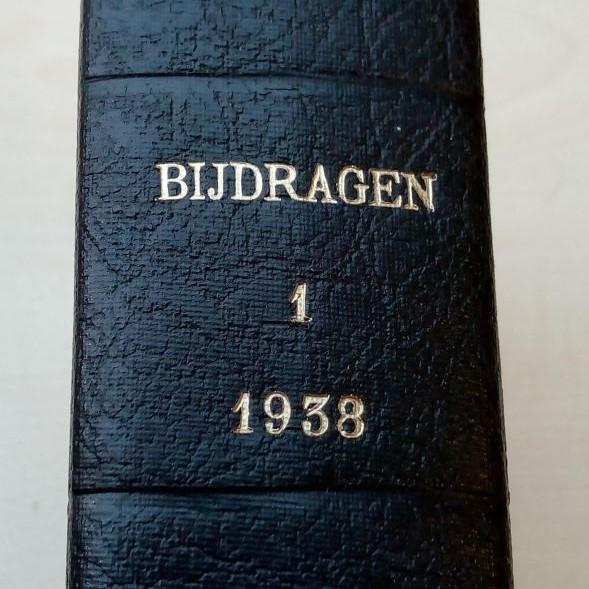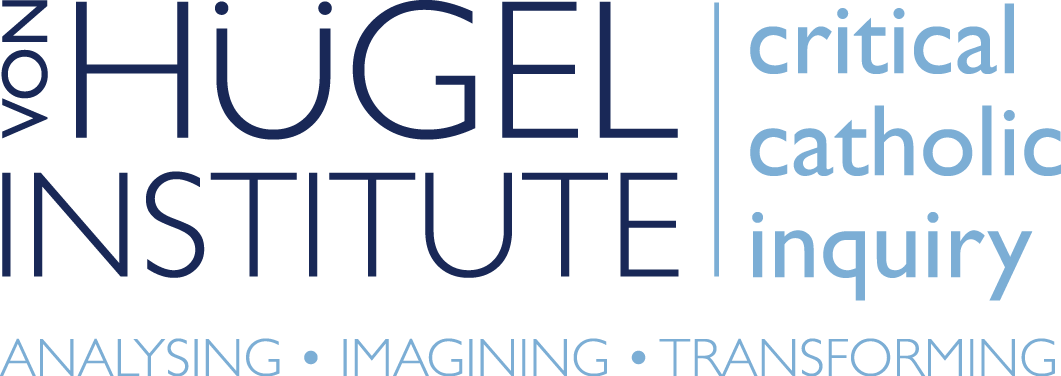
The VHI is co-organising the 80th Anniversary Conference of the International Journal of Philosophy and Theology:
Sisters in Arms: Reinventing the bond between philosophy and theology after the ‘empirical turn’
Dates: Wed 9, Thu 10 and Fri 11 January 2019
Venue: Møller Centre, Cambridge, UK
Organizing committee: W. Van Herck, P. Schaafsma, L. Schumacher, T. Scrutton, C. Richter, M. Sarot, G. Vanheeswijck, J. Geldhof, G.-J. van der Heiden, Ph. McCosker
Organizing institutions: International journal of philosophy and theology in collaboration with Centre Pieter Gillis (University of Antwerp), Von Hügel Institute (University of Cambridge), and Bonn Institute for Hermeneutics (Universität Bonn)
Conference theme: Although fundamental research is still in high esteem, it is clear that all academic disciplines meet the challenge of the so-called empirical turn. This implies that research should deal with real-life problems and be relevant to society at large. An empirical basis or component of the research should guarantee this relevance. On another level, it seems that philosophy and theology have received more competition from other humanities than ever before. While some decades ago civil society looked at philosophers and theologians for moral guidance, nowadays disciplines like psychology, sociology and evolutionary studies have taken over this role to a certain extend. These disciplines collect empirical data to arrive at descriptions of the present situation. These are subsequently often used to answer topical questions, whether this was originally intended by the research or not. In this last step the descriptive research often takes on a normative weight.
Given this climate, what is the specific strength of fundamental or speculative reflection like it has been developed traditionally in philosophy and theology? Is it in danger of becoming obsolete? Is it still meaningful to aim for a bond between philosophy and theology as strengthening both disciplines? Or should one rather aspire an empirical turn, as slogans like ‘lived theology’ or ‘lived philosophy’ seem to indicate?
These questions are all the more urgent insofar as religion is concerned. The comeback of religion and metaphysics in philosophy of the last decades has led to reflection with a highly speculative appearance. In the meantime, theology is under severe attack from religious studies approach for its abstract or dogmatic character. The call for a theological turn to ‘lived religion’ is widespread. Are the times of an obvious bond between philosophy and theology past? What do the disciplines have to offer each other, as critical sparring partners in times in which their academic position is all but self-evident, as is religion itself? Is the divide between analytical and continental varieties of both disciplines symptomatic for the trend mentioned before or is there a chance for mutual reinforcement? Can theology and philosophy perhaps reinvent their coalition as one of ‘sisters in arms’, that is, of aiming for unfashionable approaches of academically neglected questions?


